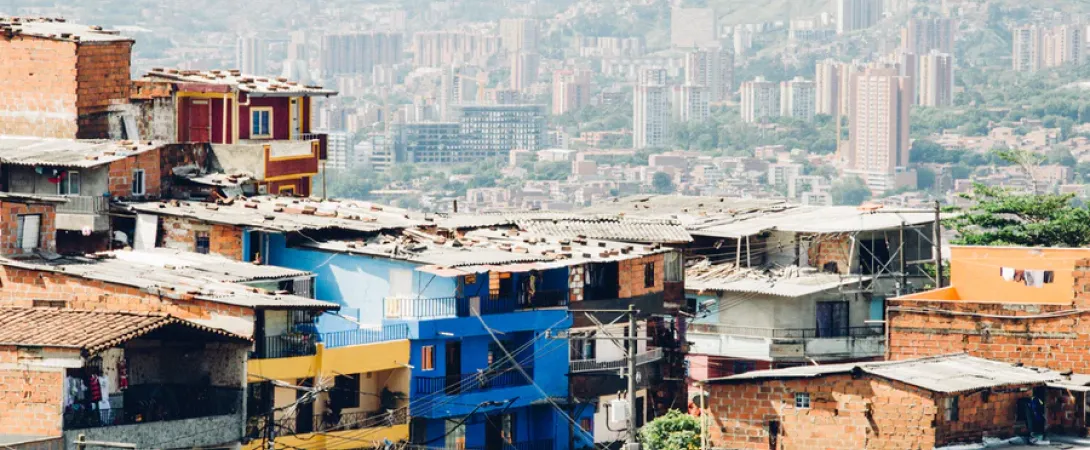The pandemic hits more low-income households and increases the gap in Spanish society, which has already reached the crisis as one of the least equitable in Europe.
According to the Bank of Spain, during the financial crisis the income of the richest 10% went from being five times higher than that of the poorest 10% to being 15 times higher. By the end of 2020, that gap had narrowed to 8.3 times. However, after several years of decline in labor income inequality thanks to the favorable behavior of employment during the recovery after the financial crisis, the outbreak of the pandemic “changed the evolution of the indicators again”.
The acceleration of inequality began at the same time that the Government decreed the first state of alarm, on March 14, 2020, and companies began to send their employees home: those who were able to telework were, in general, those with a higher level of education, while job losses hit those who were less educated, with lower salaries and, in many cases, temporary contracts: those who did not see their income greatly reduced, went directly to unemployment.
The COVID-19 pandemic increases inequality



01.02.2026
The COVID-19 pandemic increases inequality
You may also like